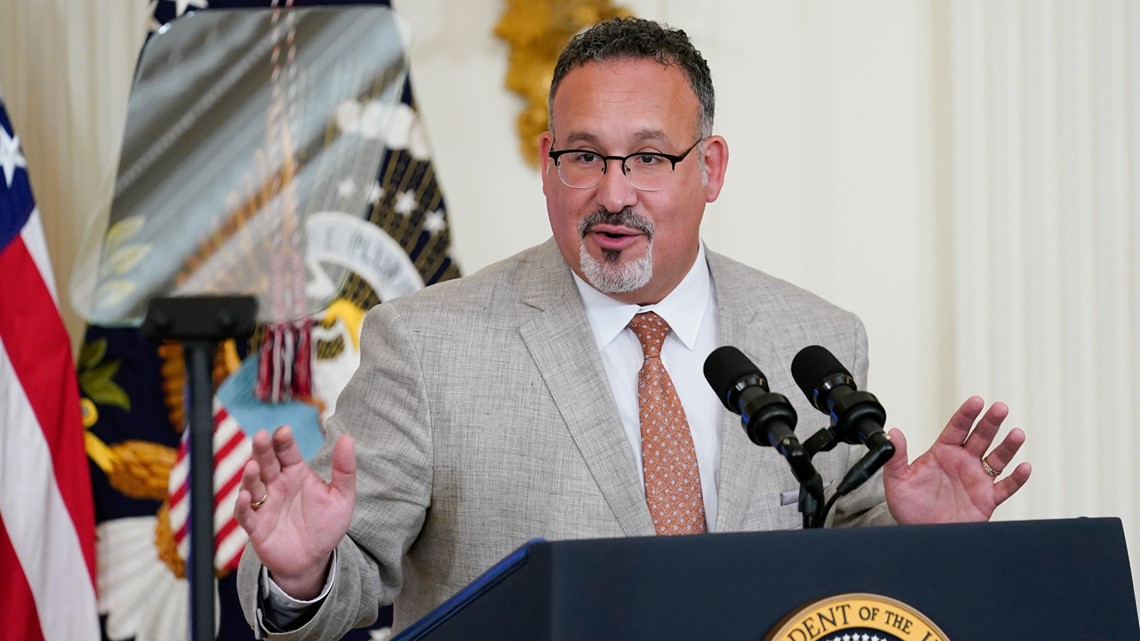Madhabi Puri Buch, the head of Securities and Exchange Board of India (Sebi), believes the country requires a million investment advisers. On the face of it, the assertion seems surprising given only an estimated 3% of Indian households actively participate in the stock market and mutual fund investors number 3.5 crore. A few thousand regulated ones currently advise investors.
Despite this limited participation, Buch envisions increasing engagement in financial markets, both directly and through mutual funds, with India’s economy projected to grow over 6% annually in the coming years. This warrants a rise in regulated investment advisers, supervised by the capital markets regulator, she argues.
This sentiment aligns with the six-fold growth in Assets under Management (AUM) for the Indian mutual fund industry over the past decade, which topped ₹46 trillion as of August this year. The number will only swell as more investors, especially from non-metro cities, delve into mutual funds and stocks.
Buch has highlighted that 35% of investment advisers operate without having registered with the Sebi, placing countless uninformed investors at risk. Having a background in both investment banking and advisory sectors, Buch wants the ‘good guys’ in the Registered Investment Advisers, or RIAs, business to report market malpractices and collaborate on solutions. The rise of another unregulated financial influencers in the form of financial influencers on social platforms further complicates this challenge.
While Buch has suggested corporatizing the advisory business to enhance investor protection, questions remain about its efficacy given the number of retail investors, their ticket size of transactions and investments, and their limited ability to pay for investment advice.
Several Sebi-recognized investment advisers have voiced concerns over the complex regulatory environment, emphasizing the challenges smaller firms face due to compliance requirements.
Sebi on its part has proposed to address some of their concerns including on making claims to potential clients with the setting up of a Performance Validation Agency to check out on the claims of investment advisers. Even if that proposed agency is housed outside of Sebi, it would be a dangerous territory to wade into as long as investment advice is fair, clear and not misleading – the principle which guides the UK regulator, Financial Conduct Authority, or FCA.
India’s investment advisers – both regulated and the unsupervised ones – also need to recognize that they have so far been operating in a far more permissive environment compared to many other jurisdictions.
The US Securities and Exchange Commission, or SEC, recently forced many Wall Street firms to pay up huge fines after a two year crackdown on Whatsapp and other unapproved messaging channels. The SEC directed firms to search the devices of staffers to examine messages ignoring protests that it constituted invasion of privacy. This is not to advocate a similar approach. But surely, the government and the regulator can mount a greater effort to educate potential investors especially in the smaller towns and cities and non-metros, utilising the huge corpus available with the Investor Education and Protection Fund, IEPF, and stock exchanges. And in a country with a record of low financial literacy and pressures on the government and regulators to bail out investors even when uninformed decisions are taken.
Sebi’s aim of check-mating attempts at “sayanapanti” of algo sellers policing investment advisers and others cannot be perceived as out of step. The success of regulation is in staying ahead of the market.















